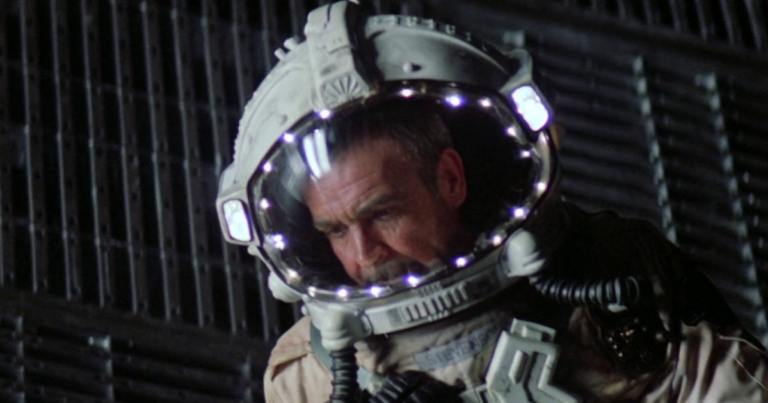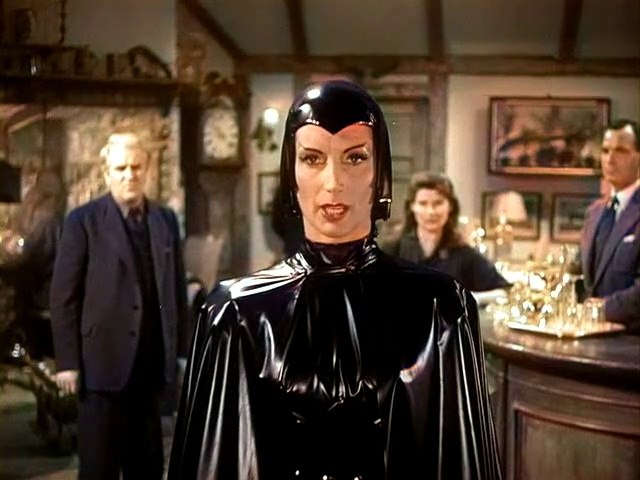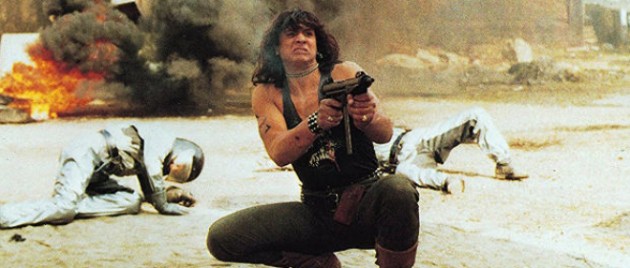Solaris: A Haunting Exploration of Human Isolation and Emotional Turmoil!
Andrei Tarkovsky’s 1972 film Solaris is a cinematic masterpiece that transcends the boundaries of science fiction to deliver a haunting exploration of human isolation and emotional turmoil. Set in a distant future, the film follows the story of psychologist Kris Kelvin (played by Donatas Banionis) who is sent to investigate a research station orbiting the mysterious planet Solaris. What he discovers there is a terrifying revelation of the human psyche and a deep reflection on the human condition.
Tarkovsky’s signature style of long, meditative shots and deliberate pacing creates a sense of timelessness that perfectly captures the isolation and loneliness of space. As Kelvin delves deeper into the mystery of Solaris, the film gradually reveals the psychological traumas and emotional baggage that haunt him and the other crew members. The film’s visual effects are a stunning achievement, with the planet Solaris depicted as a living, breathing organism that defies human comprehension.
Tarkovsky’s Masterpiece Shatters the Boundaries of Science Fiction Cinema
At its core, Solaris is a deeply philosophical film that raises profound questions about the nature of reality, memory, and human connection. The film’s exploration of human isolation and emotional turmoil is both poignant and unsettling, forcing viewers to confront their own inner demons and question the very fabric of their existence.
Solaris is a cinematic triumph that defies easy categorization. Tarkovsky’s masterful direction and the powerful performances of the cast combine to create an unforgettable viewing experience that will stay with you long after the credits roll. If you’re a fan of science fiction, philosophical cinema, or just great filmmaking in general, Solaris is not to be missed.









